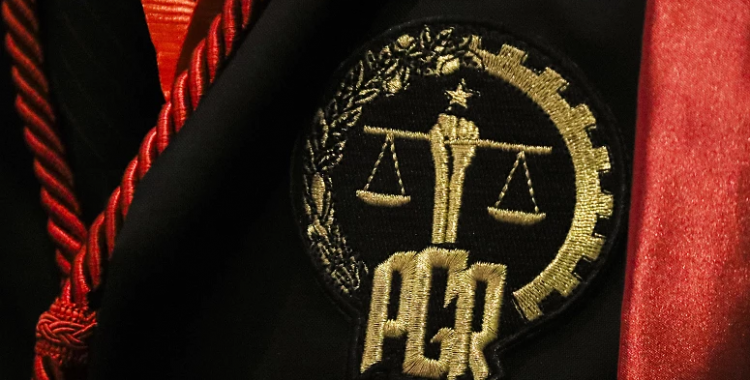“There are several challenges facing the achievement of juvenile justice, with emphasis on the need to approve a new legislative package for juvenile justice, harmonizing them with constitutional and international principles on the protection of the rights of children and adolescents,” said today the Deputy Attorney General of the Republic, Kuku Elisabeth Koxi.
The judge, who was speaking at the opening of the National Conference on Juvenile Justice, argued that the provision of justice to minors in conflict with the law is not the exclusive responsibility of the courts and requires a convergence of efforts between the judiciary, executive, society and the family.
The conference discussed the plan to implement juvenile justice rooms in the country's district courts and the prosecutor said that the practical implementation of these rooms and juvenile guardianship commissions was imperative.
“May observation and detention centers be built throughout the country, offering adequate treatment and rehabilitation, where young people in conflict with the law can find opportunities for transformation and a new path for their lives,” said Kuku Elisabeth Koxi.
Speaking on behalf of the PGR, the prosecutor also defended investments in improving working conditions, human resources and their training, “given the complexity of juvenile justice”.
The authorities regularly announce cases of minors in conflict with the law and abuse against them, including sexual, physical and psychological violence, and at this conference they are discussing strategies for developing a national policy to support victims.
The vice-governor of the province of Luanda, Manuel Gonçalves, said it was “urgent” that no child be left behind and that public policies be more integrated in order to safeguard child victims of abuse.
And the deputy representative of the United Nations Children's Fund (UNICEF) in Angola, Cristina Brugiolo, said, at the time, that Angola “has taken clear steps, both in terms of legislation and policies, that demonstrate its commitment to children's rights”.
He highlighted domestic child protection laws, in particular the 11 commitments made by the Government in favour of children, considering that the conference should help to identify bottlenecks in the protection system and the gap between laws and practice.
“We believe that the conference will also facilitate the detection of needs for reforms and legislative gaps, improve the understanding of the complementarity of judicial and social operators, in effectively understanding and managing cases of violence against children, especially sexual abuse,” pointed out the UNICEF representative.







